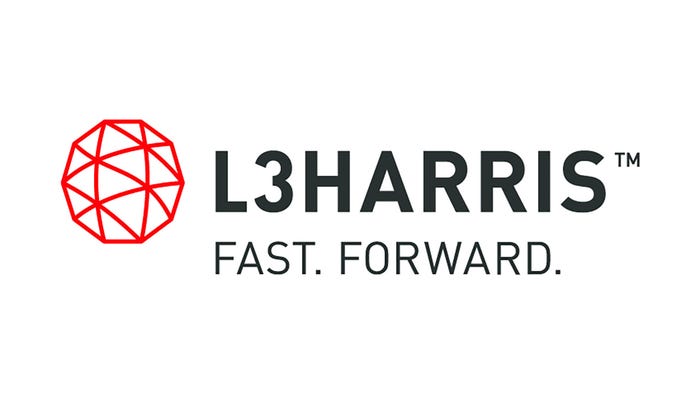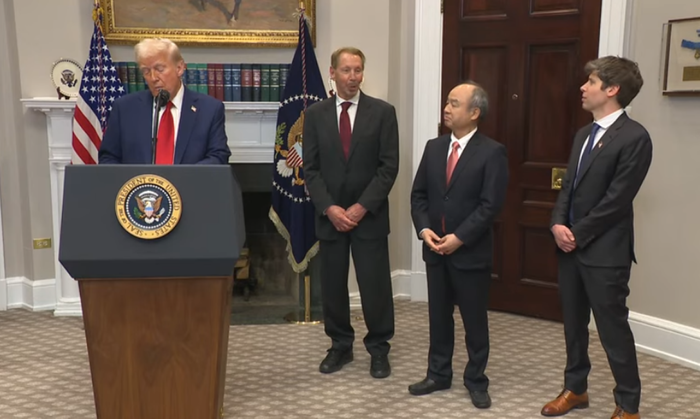Florida SLERS distributes 80% of hybrid-devices goalFlorida SLERS distributes 80% of hybrid-devices goal

More than 80% of the public-safety radios scheduled for use by Florida state agencies have been distributed or installed as the Statewide Law-Enforcement Radio System (SLERS) transitions from legacy EDACS technology to P25, according to an official with Florida’s Department of Management Services (DMS).
Under the state budget approved last year, DMS was tasked with processing and distributing more than 11,000 hybrid devices—capable of EDACS and P25 operations on the LMR network, as well as working on the FirstNet public-safety LTE system—to state SLERS responders and their vehicles by the end of June.
This device-distribution timeline was not achieved, but substantial progress has been made, according to a presentation made during today’s meeting of the SLERS Joint Task Force Technical Committee.
“As of Friday [July 15], we have installed or handed out a total of 9,633 radios out of 11,727, bringing our total to 82.1%,” SLERS Systems Manager Doug Whitfield said during the meeting.
Of the 9,633 radios installed or distributed, 55.6% are portable handsets and more than 40% are mobile devices that have been installed in vehicles, according to figures provided by Whitfield.
Matt Matney, public-safety bureau chief for the DMS division of state technology, told the technical committee that he is pleased with the effort and level of cooperation demonstrated by those charged with executing the installment and distribution of the new SLERS user devices.
“This radio rollout has been a significant challenge for all of us,” Matney said during today’s meeting. “I think we’ve done an outstanding job getting as many radios distributed as we have.
“I have to acknowledge the participation of all of the agencies and the vendors to make it happen. I think it’s a testament to how well we work together to make this occur as well as it did in the short period of time that we did.”
Matney also outlined measures approved by the Florida state legislature earlier this year that impact SLERS, including $1.5 million for additional staff to manage tower leases, money to replace four tower sites, authorization to hire two new field engineers and buy some vehicles, and $1 million in reserve funds to address potential emergency needs in the aftermath of hurricanes or other disasters.
Florida lawmakers also approved funds to pay for LTE subscriptions for state SLERS users through the end of June 2023, according to Matney.
“I want to remind the agencies that, if you need LTE coverage beyond June 30, 2023, make sure that you submit LBRs [legislative budget requests] or make sure that you’ve got funding for that for those new radios,” he said.
On another LTE-related front, Roger Lord—a technician at the Florida Division of Emergency Management (DEM)—said he will be testing LTE push-to-talk service across the FirstNet system.
“They have a dedicated device now,” Lord said. “I’m interested in trying it. I don’t need the life-safety aspect of it. I just need to talk to people in the field sometimes. So, I want to roll it out, try it and see if there’s any value in it.”
L3Harris last year was named as the contractor to build the P25 SLERS in a 15-year, $450 million deal—the Florida Legislature made the award to L3Harris as part of budget process, and Gov. Ron DeSantis signed the budget into law.
Florida’s elected leaders took the unusual step of preempting on ongoing second SLERS-2 procurement with the budgetary award just weeks before the existing SLERS contract with L3Harris was about to expire. A second SLERS-2 procurement was initiated after the vendor selected in the initial SLERS-2 procurement—Motorola Solutions—could not reach a contract agreement with the state after submitting a winning bid of $687.8 million, which was more than $300 million less than the bid from L3Harris at the time.





_Zoonar_GmbH_Alamy[1].jpg?width=700&auto=webp&quality=80&disable=upscale)